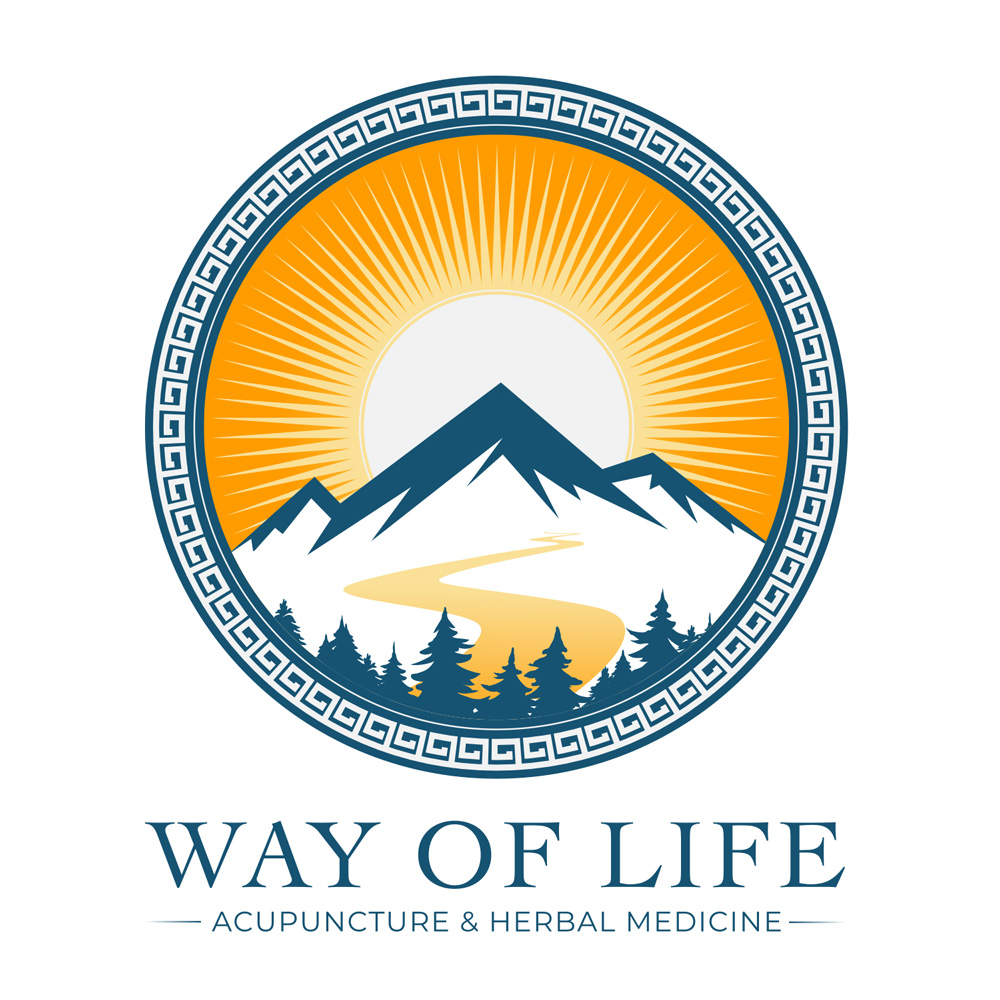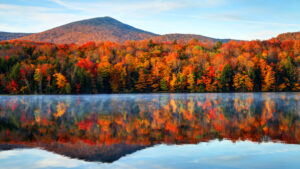In a world increasingly driven by screens and cement, the quiet wisdom of nature still calls to something ancient within us. When we step outside and sink our feet into the earth, bask in the sun’s golden light, breathe in the crisp air scented with pine or wild herbs, and listen to the babble of a creek or the whisper of wind in trees, we remember. We remember that we are part of something larger, something alive. The elements—earth, water, sun, air, and plant life—are not just scenery. They are medicine.
The Healing Power of Natural Elements
Sunlight: The Original Vitamin
Sunlight is far more than a source of light—it is a biological necessity. Moderate sun exposure triggers the production of vitamin D, which is essential for immune regulation, mood stabilization, and bone health. Low levels of vitamin D have been linked to increased susceptibility to infections, autoimmune diseases, and even depression. Beyond vitamin D, sunlight helps regulate circadian rhythms, promoting restful sleep and hormonal balance, both crucial for a resilient immune system.
Fresh Air: A Breath of Immunity
Clean, oxygen-rich air—especially in forested or mountainous regions—is infused with negative ions and volatile organic compounds emitted by plants, known as phytoncides. Inhaling these compounds has been shown to reduce cortisol levels and stimulate the activity of natural killer (NK) cells, which play a critical role in defending the body against viruses and tumor formation.
Earth: Grounding and Microbial Exchange
Walking barefoot on natural surfaces—a practice known as “earthing” or “grounding”—has been associated with reduced inflammation, improved sleep, and enhanced mood. Contact with the earth also exposes us to a diversity of soil-based microorganisms that can strengthen the gut microbiome, which is a cornerstone of immune function and mental health.
Water: Flowing Resilience
Whether we’re soaking in a natural hot spring, swimming in the ocean, or simply sitting beside a stream, water connects us to our own fluid nature. Cold water immersion has been linked to increased white blood cell counts and improved circulation. The sound of water, according to studies in environmental psychology, reduces stress and induces a meditative state that can modulate immune response.
Plants and Forests: Green Immunity
Plants communicate chemically, not just with each other but also with us. Forest bathing, or Shinrin-yoku—the Japanese practice of spending intentional time in forests—has shown remarkable effects on the human immune system. Just a few hours in a forest can significantly increase NK cell activity, reduce stress hormones, lower blood pressure, and elevate mood. These effects can last for days after exposure. The green world doesn’t just heal—it fortifies.
Scientific Evidence of Nature’s Immune Benefits
Modern science is now catching up with what ancient traditions have long understood: time in nature is essential for human health. Research published in journals like Frontiers in Psychology, Environmental Health Perspectives, and Nature demonstrates that regular contact with natural environments:
Enhances Immune Function: Studies on forest bathing reveal a 40% increase in natural killer cell activity after just one day in the forest.
Reduces Chronic Inflammation: Exposure to nature lowers pro-inflammatory cytokines, reducing the risk of chronic illnesses like diabetes, heart disease, and autoimmune disorders.
Boosts Microbiome Diversity: Outdoor environments introduce beneficial bacteria that improve gut health and immune regulation.
Lowers Cortisol: Even 20 minutes in a natural setting can significantly lower cortisol, the primary stress hormone that suppresses immune function when elevated chronically.
Promotes Longevity: A 2019 meta-analysis concluded that people living near green spaces had lower rates of premature death, particularly from respiratory and cardiovascular diseases.
Ancient Wisdom, Modern Medicine
From Taoist sages to Indigenous medicine people to Hippocratic healers, the world’s wisdom traditions have long revered nature as the original pharmacy. “Walking is man’s best medicine,” said Hippocrates. And now, with the rise of ecological medicine and lifestyle-based interventions, we’re returning to that timeless truth.
Conclusion: Nature Is Not a Luxury—It Is a Necessity
Time in nature is not a weekend indulgence or a privileged escape—it is a foundational pillar of well-being. As we reconnect with the sun on our skin, the breeze in our lungs, the earth beneath our feet, and the healing presence of living plants, we restore not only our vitality but our very sense of belonging.
The immune system doesn’t simply respond to threats—it thrives on connection: to the earth, to the elements, to each other. And when we answer nature’s call, we don’t just feel better—we become more alive.





